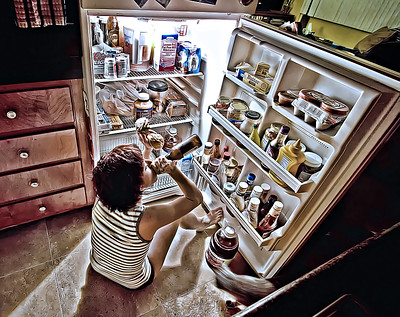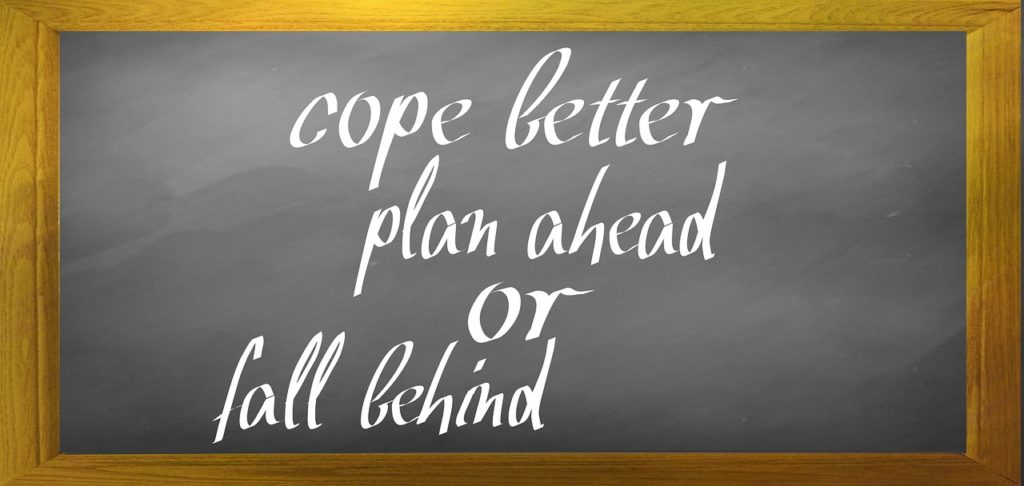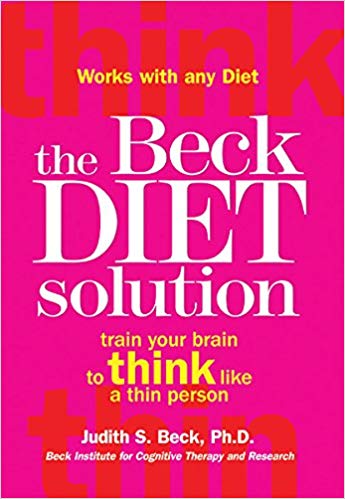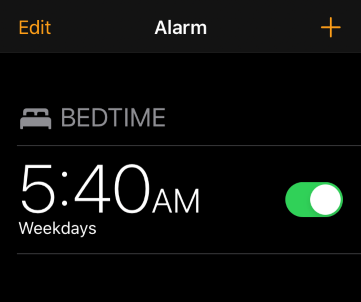Health coach confession time: I am in recovery from an eating disorder. Recovery doesn’t mean that slips don’t happen. Recovery means slips don’t become slides. Recovery – to me – means abundant self-kindness, body positivity, and getting back to my baseline habits that help me feel better.
There are quite a few sources out there that discuss things one can do to resume self-care with healthy eating after a binge. My tips aren’t anything radical or new. What follows is simply what works for me and perhaps a general reminder of what you already know for yourself.
If you are in active disordered eating behavior please seek professional help. You deserve to feel good and this illness requires medical and psychological expertise. Meanwhile, you might do these things to begin feeling better immediately.
In the moment
Take a pause. Take a breath. Use this time to sit at your table and totally enjoy whatever it is that you’re eating. Follow the basics: chew and taste. Thank yourself for using food to manage the difficulty that led you to eating it.
Whaaat? Yup. There are benefits to your eating behavior! You get something out of it – relief! However temporary that relief may be. This is the tool you know. This is the tool that works. There’s absolutely nothing wrong with you for making this choice. No guilt. No shame.
IMHO binges are a form of self-care although they’re not great long-term or done often. Right now the benefit of relief outweighs all the cons.
If you want to stop yourself, perhaps use physical rewards that are also pleasurable like food. I like to smell sandalwood and remember how much my grandfather loved that scent and happy times at his house. Lavender works for me too. Ditto ginger and peppermint.
Immediately after
Take care of your body. Drink water and stay hydrated. Have an over the counter medication to help with any gastrointestinal discomfort. Or use that ginger and peppermint in tea or lozenge form – both are helpful for nausea. Fennel tea is great for gas and has a lovely licorice taste. Have a warm soothing bath or self-massage with an aromatic oil.
If you can, try to consider the things that led to the binge. What happened? Who were you interacting with? What were your emotions? What was the physical sensation of those emotions in your body? There is a chain of events that got you into the kitchen. Recognizing context and feelings can help you break the chain another time. Do not worry if you had no bodily sensation or can’t name the emotions. This is really difficult stuff, especially if you have past trauma or co-morbid conditions. This is one reason why working with pros is helpful.
Next day and beyond
Notice any lingering effects. For example, my body is impacted when I over do sugar. I have a hard time getting out of bed next morning. I am super groggy and the feeling lasts almost an hour. Sugar will also will give me an anxiety attack within 24-48 hours of consumption. It took me decades to match this type of anxiety with food since the impact is not immediate. And, if I consume too much sugar over a period of days, my joints and tendons will begin to ache worse than usual. Now that I know I get side effects, I can sometimes break the chain of events leading to the binge by weighing the consequences. Do I want to feel better now if it means I’ll feel even worse later?
You may feel like compensating with some sort of rigid rule or restriction. Compensate with your regular routine. Restricting food the next day doesn’t erase the past and is the beginning of the next disordered cycle. Exercising more won’t burn the amount of calories you ate unless you exercise for a looooong time. Doing your daily routine is a compensation. Congratulate yourself for doing a little bit every day.
Treat yourself with healthy food that you love. I love scrambled eggs and spinach for breakfast. I’ll treat myself by adding some feta. I might go out and get a little fresh salmon for dinner – I usually don’t get it due to cost. But, that money is less than what I will pay in health care later on down the line. And, I tell myself if I’m using food as love that I am totally worth the expense.
Eat when you’re hungry and stop when you’re comfortably full.
Use those CBT phrases. Your brain may be looping on beating itself up for binging. Let it. But, respond to it. Are those thoughts true? Phrases that work for me, “that happened but I can’t change the past. I am changing right now.” “That tasted really good yesterday and I can have more of x at some future point.” “I deserve excellent nutrition.”
Create a non-food rewards/comfort list. You might be able to use those tools instead of a binge in the future. If you have a list already, review it.
Create a “reasons why” you want to eat nutritious food. For me? Managing my risk of cardiovascular disease, avoiding anxiety, avoiding inflammation that increases my pain levels. Write them a small card you can carry around with you. Refer to it often, even when you’re not in the binge cycle.
Most of all remind yourself that you deserve love just for being you. Binging is not “bad.” It’s simply that other ways of coping work better long term. Taking the time and energy to practice self-care post-binge might help and certainly won’t hurt.
 Having a plan B is one of my favorite positive mindset tricks. It’s fairly self-explanatory. It’s helpful to have a back-up if a plan falls through.
Having a plan B is one of my favorite positive mindset tricks. It’s fairly self-explanatory. It’s helpful to have a back-up if a plan falls through. I was using cognitive behavioral therapy tools quite successfully already when I ran across
I was using cognitive behavioral therapy tools quite successfully already when I ran across  Lately I’m having trouble with my morning routine. I prefer being up before 6am. Yet I’ve been waking around 7am and then enjoying my coffee in bed. I’ve been working on it with BAM! and habit prompts.
Lately I’m having trouble with my morning routine. I prefer being up before 6am. Yet I’ve been waking around 7am and then enjoying my coffee in bed. I’ve been working on it with BAM! and habit prompts.
 The older I get the less fucks I have to give about what others think about me. That’s been a fabulous perk of getting older. The very best things are yet to come. I occasionally take selfies. I like this one. I use them to either check that I don’t have spinach on my teeth when I don’t have a mirror handy or to see myself in a positive light. Then they’re usually deleted.
The older I get the less fucks I have to give about what others think about me. That’s been a fabulous perk of getting older. The very best things are yet to come. I occasionally take selfies. I like this one. I use them to either check that I don’t have spinach on my teeth when I don’t have a mirror handy or to see myself in a positive light. Then they’re usually deleted.